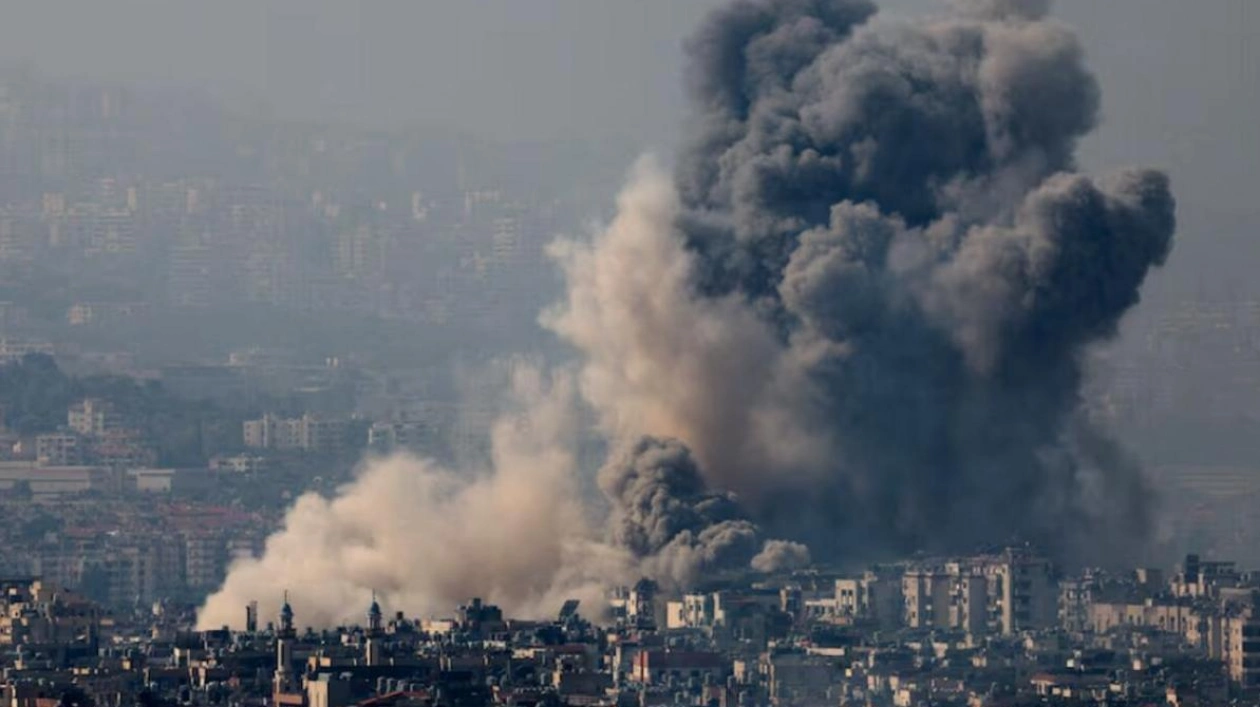The United Nations' refugee chief, Filippo Grandi, stated on Sunday that airstrikes in Lebanon had breached international humanitarian law by targeting civilian infrastructure and causing civilian casualties, referring to Israel's ongoing bombardment of the country.
"Regrettably, numerous instances of violations of international humanitarian law have occurred in the conduct of these airstrikes, resulting in the destruction or damage of civilian infrastructure, the loss of civilian lives, and the disruption of humanitarian operations," he told media in Beirut.
Grandi was in Lebanon as the nation grapples with the displacement of over 1.2 million people due to escalated Israeli airstrikes and ground incursions, which Israel claims are aimed at Hezbollah.
Previously, the conflict had been largely confined to the Israel-Lebanon border region, alongside Israel's war in Gaza against Hamas. Grandi urged all parties involved in the conflict, and those with influence over them, to "halt the carnage occurring in both Gaza and Lebanon today."
According to the Lebanese health ministry, more than 2,000 people have been killed and nearly 10,000 wounded in Lebanon over nearly a year of fighting, with most casualties occurring in the past two weeks. Israel reports around 50 civilian and military deaths.
Israel asserts that it targets military capabilities and takes measures to minimize harm to civilians, while Lebanese authorities claim that civilians have been deliberately targeted. Israel accuses both Hezbollah and Hamas of operating among civilian populations, a claim both groups deny.
Grandi mentioned that the World Health Organization had briefed him on "egregious violations of international humanitarian law concerning health facilities in various locations in Lebanon." He also noted that attacks on civilian homes may constitute violations, though this requires further evaluation.
The ongoing conflict has prompted approximately 220,000 people to cross the Lebanese border into Syria, with 70% being Syrians and 30% Lebanese, according to Grandi. He described Israel's bombardment of the main border crossing with Syria at Masnaa as "a significant impediment" to the continued movement of people.
Many of the Syrians leaving Lebanon had initially sought refuge and fled the war and security crackdowns following the onset of the Syrian civil war in 2011. Grandi suggested that this could be an opportunity for the Syrian government to demonstrate respect for the safety and rights of returnees.






